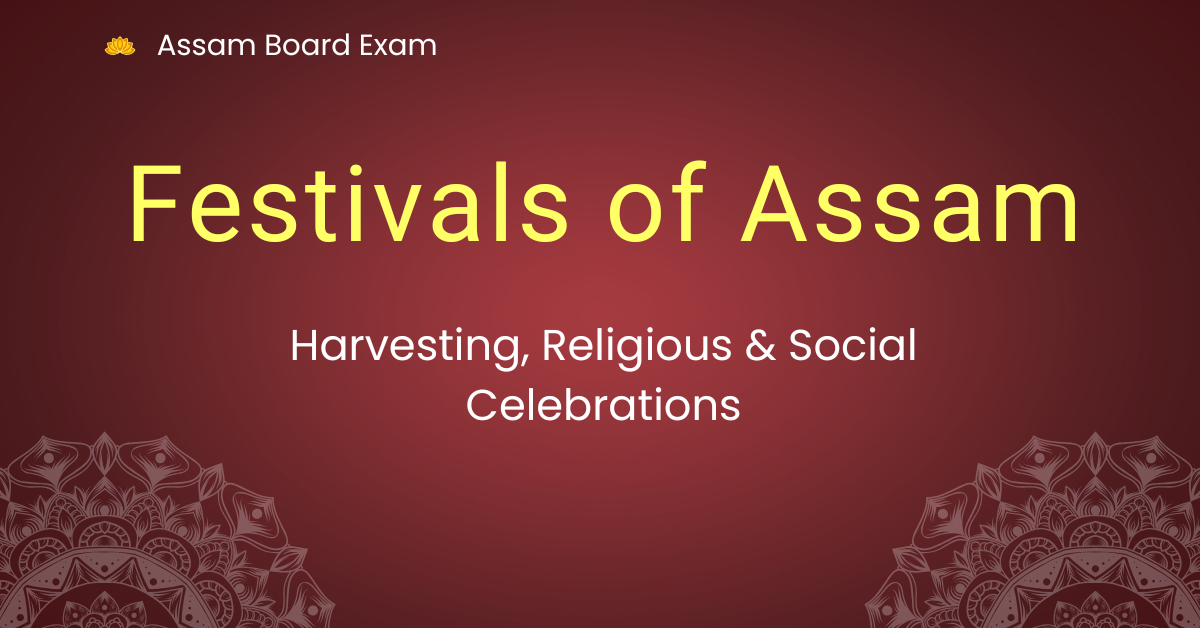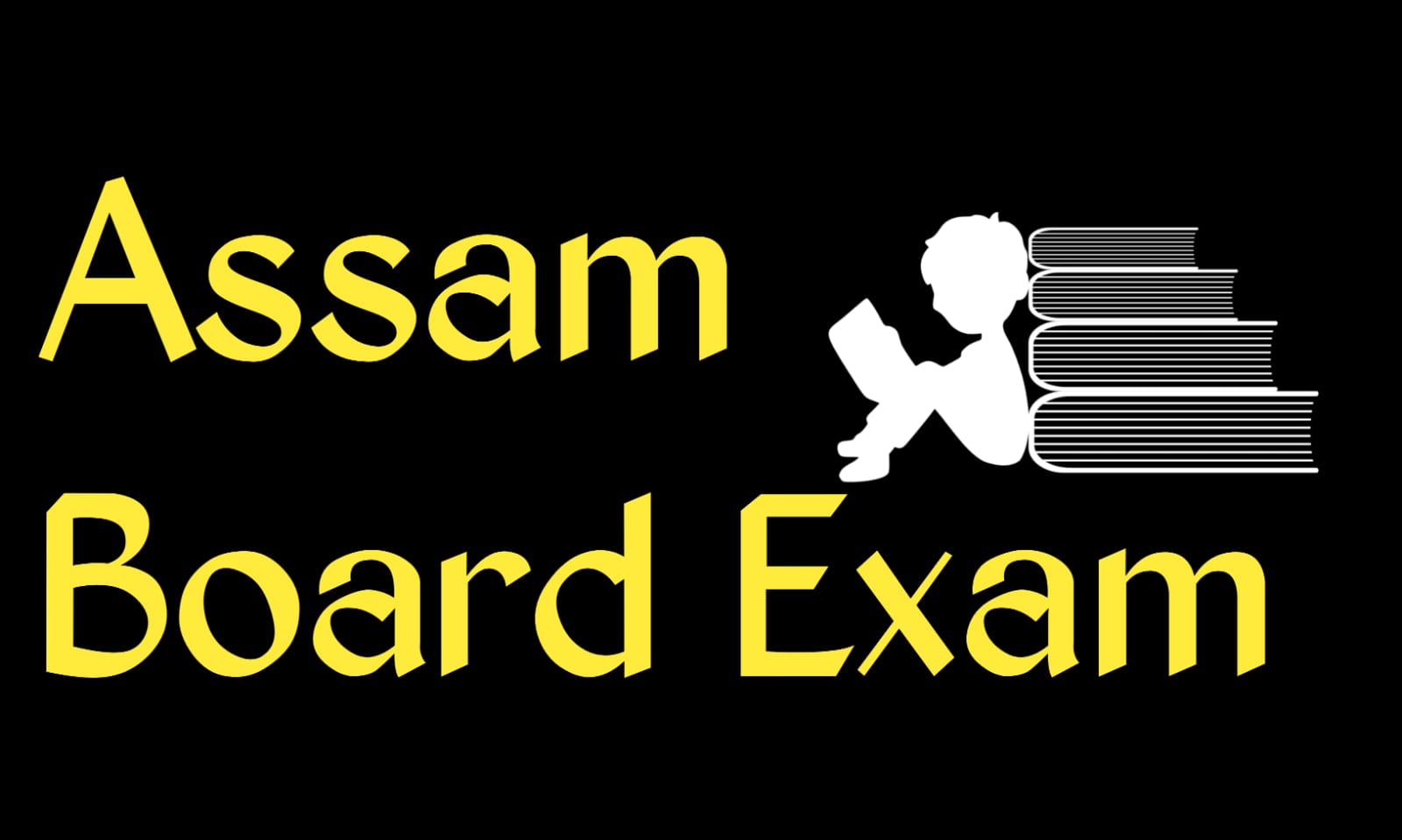Assam, the jewel of Northeast India, is a treasure trove of cultural celebrations. From the rhythm of Bihu to the mystique of Ambubachi Mela, every festival tells a story of tradition, unity, and joy. Dive in to discover the top festivals of Assam that will leave you spellbound!
Table of Contents
Festivals of Assam can be devided into 3 types.
- Harvesting Festivals
- Religious Festivals
- Social Festivals
1. Harvesting Festivals of Assam
1.1 Bihu: The Soul of Assam
- Bihu, the cultural emblem of Assam, embodies the essence of Assamese heritage.
- There are 3 Bihu-> Bohag Bihu, Kati Bihu, Magh Bihu
- Rongali Bihu heralds the Assamese New Year with vibrant dances and rituals, while Kongali Bihu invokes prayers for a fruitful harvest.
- Bhogali Bihu culminates the harvest season with feasting and revelry.
1.2 Ali-Aye-Ligang
- Celebrated by the Mishing people of Assam
- This festivals are celebrated on first Wednesday of Phagun.
- Prayers for good weather and abundant crops.
1.3 Porag or Norasiga Bihu
- This harvest festival is – celebrated by the Mising tribe.
- Their harvest season falls in the month of Kaati.
- After harvesting, they celebrate this Bihu to thank God for a good harvest.
1.4 Wangala
- Wangala is also called the festival of “The Hundred Drums”
- It is a harvest festival celebrated by the Garo tribe of North-East.
- In this post harvest festival, they give thanks to Misi Saljong the sun god.
- Celebrated in the months from September to December
1.5 Mahou-hou
- Mohoho is a folk festival celebrated in the lower Assam
- The festival is held in the month of Aghuna
- Village children dance from house to house and sing mosquito repellent songs.
1.6 Tusu Puja
- A traditional festival celebrated by the tea tribes of Assam.
- It is celebrated to thank the Tusu god for a good harvest.
- It is celebrated on the last day of the of Puh.
1.7 Hassa
- The Karbi tribe of Assam celebrates this festival after a good harvest.
2. Religious Festivals
2.1 Shivratri
- Most popular of these Shiva festivals of Assam.
- This festival is celebrated on Krishna Chaturdashi in the month of Fagun.
- Celebrated in Shivathans and Shiva temples in Assam.
2.2 Eid
- Eid is an Islamic festival celebrated worldwide by Muslims.
- There are two main Eids: Eid al-Fitr and Eid al-Adha.
- Eid al-Fitr marks the end of Ramadan, the holy month of fasting.
- Eid al-Adha commemorates Prophet Ibrahim’s willingness to sacrifice his son, Ishmael, as an act of obedience to Allah.
2.3 Ambubachi Mela
- Ambubachi Mela: The Annual Gathering at Kamakhya Temple, Guwahati.
- Marks the menstruation period of Goddess Kamakhya
- Typically in June, 7th Day of the month “Ahar”
- Temple closed for three days, reopens on fourth day.
- Thousands of pilgrims and sadhus gather to participate in this mystical event, engaging in fasting, meditation, and prayers as acts of devotion
2.4 Kechaikhati Puja
- The Tamreshwari Temple near Sadia main centre of this Puja
- Kechaikhati Devi is also called Kechaikhati Gosani or Tamreshwari Devi is the main deity of this puja.
- Mainly worshiped by the Kacharis.
- Deodhani dance is an essential part of this puja.
- In the past, human sacrifice was also performed in this puja.
- The goddess of fierce nature eats raw blood
2.5 Doul Utsav
- Also known as Fakuwa or the Festival of Colors.
- Associated with Lord Krishna and Radha’s divine love.
- Observed during the month of Phalguna (February-March)
- Holigeets of Barpeta are remarkably popular which enthralls the heart of every Assamese.
- Doul utsava was started by Mahapurush Srimanta Sankardeva after his great work chihnajatra
2.6 Chhath Puja
- Chhath Puja is a revered Hindu festival celebrated in Assam
- Particularly by people from Bihar, Uttar Pradesh, and the Maithil community residing in Assam
- The festival is dedicated to worshipping the Sun God (Surya Dev)
- Observed at various ghats (riverbanks) across Assam.
- Observed six days after Diwali, in the month of Kati
- Perform rigorous rituals, including fasting, offering prayers, and taking holy dips in rivers or water bodies at sunrise and sunset.
2.7 Dehal Puja
- Celebrated by the Karbi tribe.
- Devotees perform elaborate rituals, including animal sacrifices, offerings of rice beer (apong).
2.8 Bathow Puja
- Celebrated primarily by the Bodo-Kachari community of Assam.
- Usually celebrated twice a year.
- Worshiping Bathow god Shivarai
- Two branches of Siju and Tulsi trees are combined and sprinkled with peace water on the Batho altar.
2.9 Me-Dam-Me-Phi
- Important cultural festival celebrated by the Ahom community in Assam.
- Observed on January 31st every year
- Rituals are performed to honor and remember ancestors.
2.10 Chomangkan festival
- A traditional festival celebrated by the Karbi community in Assam.
- This festival is primarily a death ceremony.
2.11 Karam Puja
- A traditional festival celebrated by the tea tribes of Assam.
- Celebrated in the month of Bhada.
- There are two types of Karam Puja: Rajha Karam and Jitiya Karam.
3. Social Festivals
- Annaprashana: This is a baby’s first solid food ceremony, a joyous occasion marked by rituals and blessings from elders for the child’s health and prosperity.
- Logun Diyoni (Upanayana): A sacred thread ceremony symbolizing the spiritual initiation of a boy into learning and discipline in Assamese culture.
- Marriage Ceremony: Assamese weddings are rich in tradition, involving rituals like Juran and the ceremonial exchange of betel nuts as a symbol of bonding.
- Choklong Marriage: Practiced among the Ahom community, this unique marriage ceremony involves no Brahmin priests and is centered around the blessings of elders and traditional rituals.
- Na Khuwa Festival: A traditional agricultural festival where the community gathers to taste the first harvest of rice, signifying gratitude and celebration.
Why Festivals Matter in Assamese Culture
The festivals of Assam are more than just celebrations; they are a way of life. They strengthen community ties, preserve cultural traditions, and promote unity among diverse ethnic groups. The vibrant attire, melodious music, and delectable cuisines make these festivals a feast for the senses.
FAQs – Festivals of Assam
- What are the main types of festivals in Assam?
- Harvesting, Religious, and Social festivals.
- What is Bihu, and how many types are there?
- Bihu is the cultural emblem of Assam with three types: Bohag (Rongali), Kati (Kongali), and Magh (Bhogali).
- Why is Ambubachi Mela significant?
- It marks the menstruation period of Goddess Kamakhya and attracts thousands of pilgrims annually.
- Who celebrates Ali-Aye-Ligang, and why?
- The Mishing community celebrates it to pray for a good harvest.
- What is Na Khuwa Festival about?
- It’s a celebration of tasting the first harvest of rice, symbolizing gratitude and community unity.
Conclusion
Assam’s festivals are a vibrant reflection of its rich cultural heritage, diverse traditions, and communal harmony. Each celebration, whether it’s the lively beats of Bihu, the spiritual aura of Ambubachi Mela, or the communal feasts of Na Khuwa, tells a story of gratitude, devotion, and togetherness. These festivals not only preserve the state’s age-old customs but also bring people closer, transcending boundaries of ethnicity and religion. Exploring the festivals of Assam is a journey into the heart of its culture, leaving visitors mesmerized by its colors, sounds, and flavors.
Also Read: কাক কি নামে জনা যায়? Famous Assamese People and Their Nicknames
Stay connected and updated with our latest offerings by following us on Youtube
.



